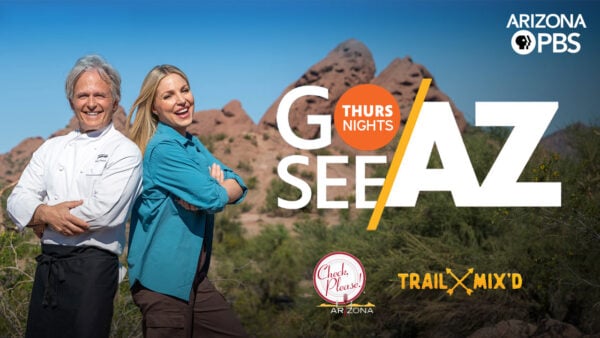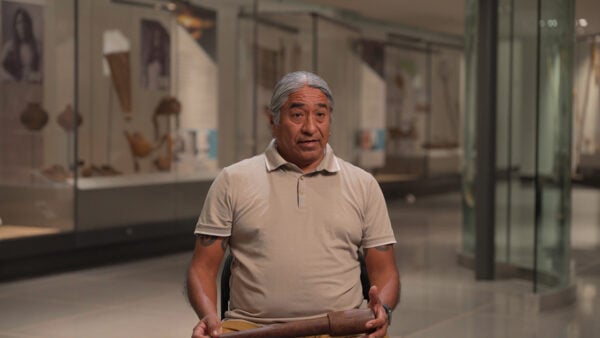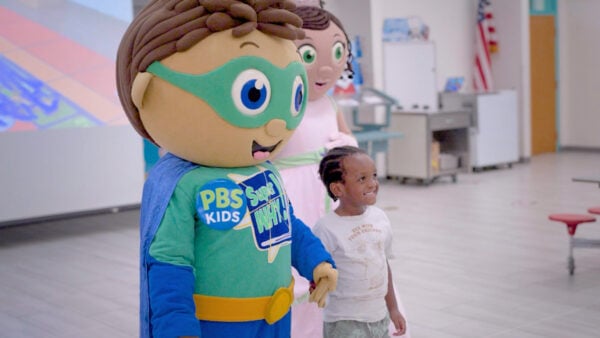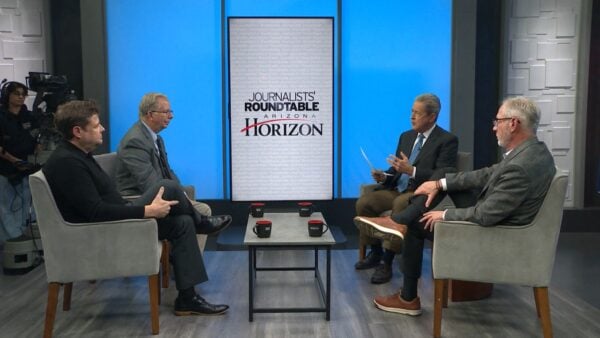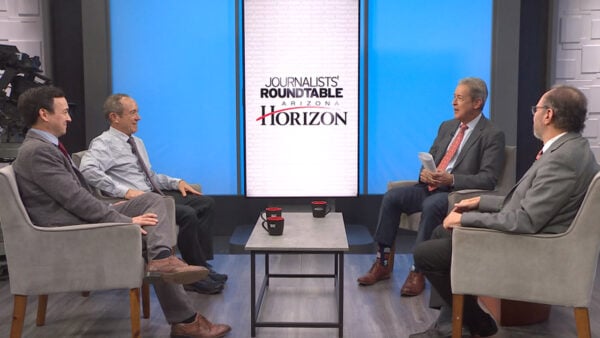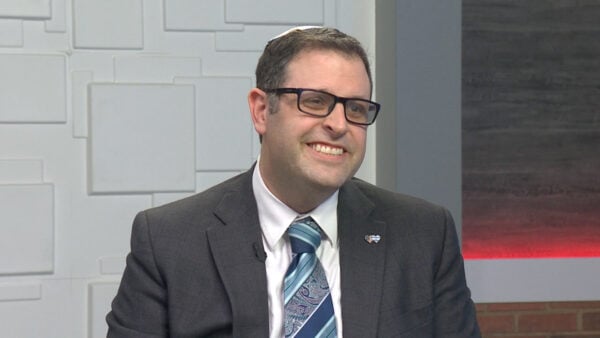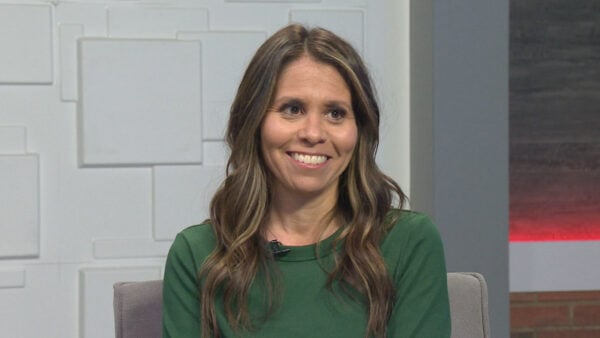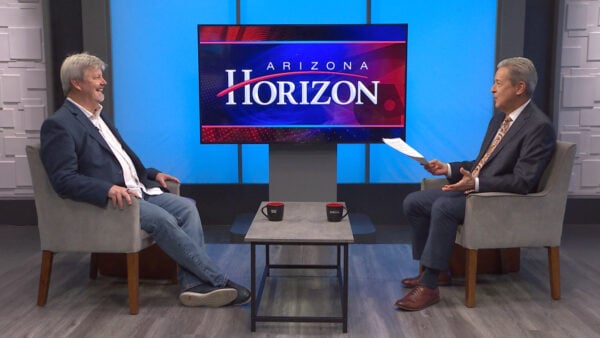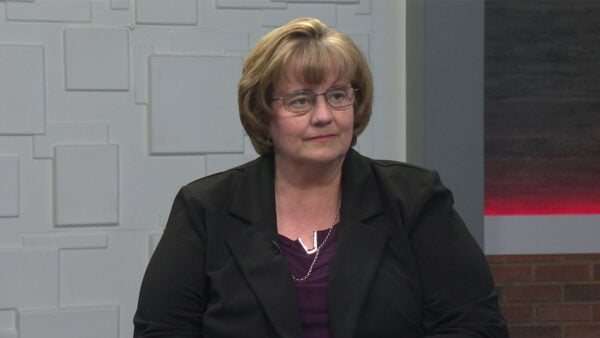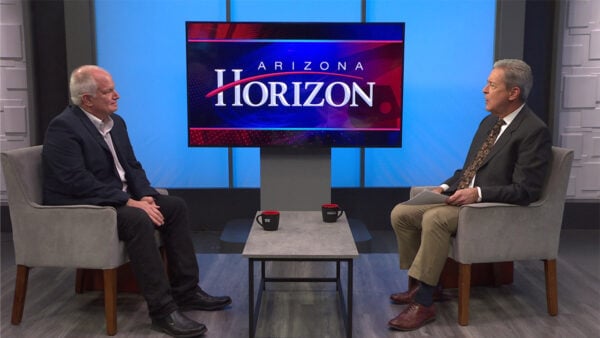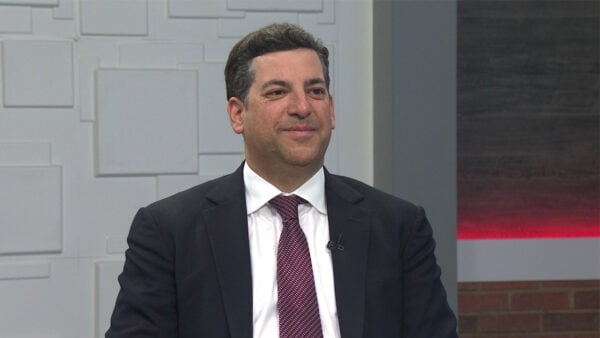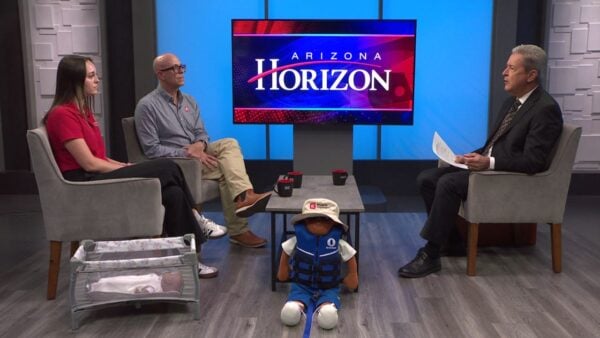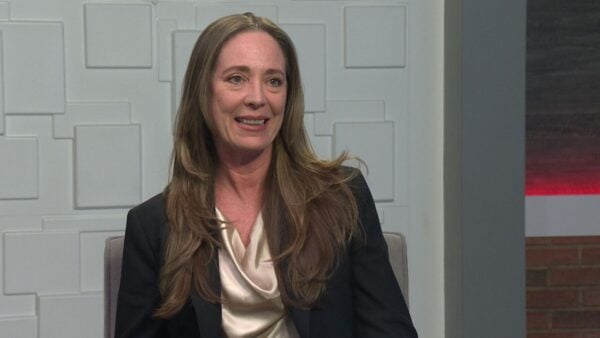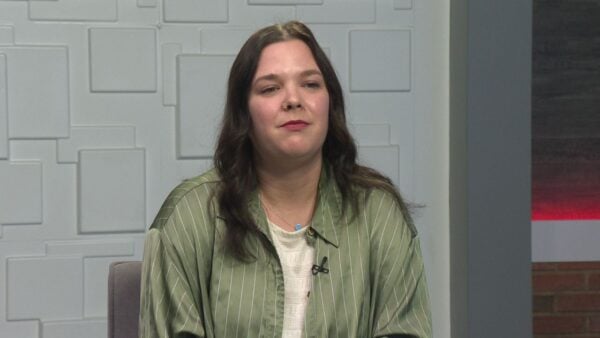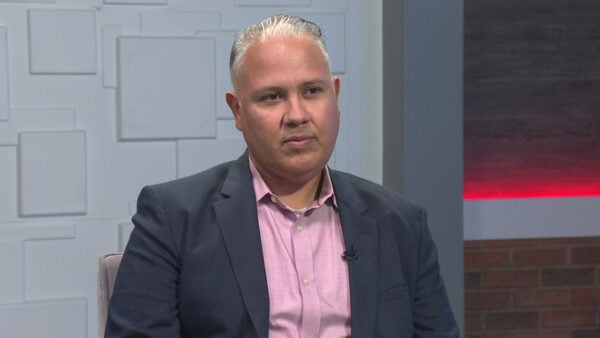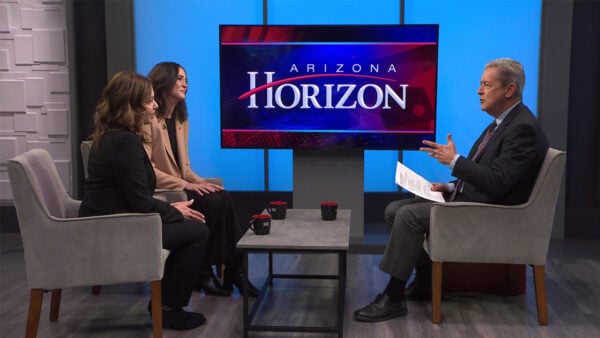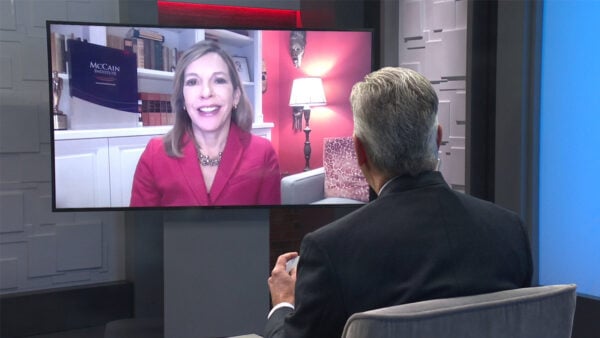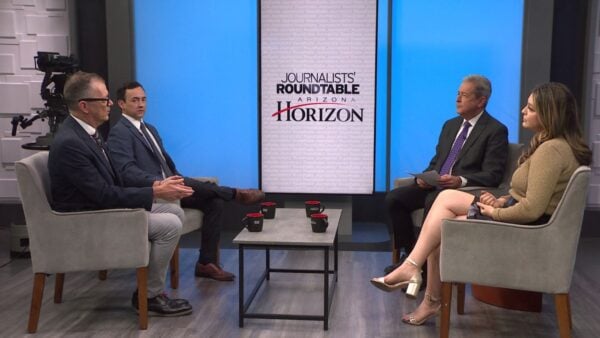The Orlando, Florida shooting claimed the lives of 49 people in a gay club in Orlando, Florida. Now new information is out about the shooter, Omar Mateen, allegedly he used a gay dating app and visited gay clubs. Rebecca Wininger, a member of the board of directors for Equality Arizona, and Johnny Martin, who is from the LGBTQ community and a Muslim, will discuss the shooting.
Ted Simons: Coming up next on "Arizona Horizon" -- a look at the Orlando shootings from the LGBT and Muslim perspective. Also learn about the local connection to an expanding global satellite system. We'll check out efforts in Gilbert to build a replica of the Vietnam memorial. Those stories next on "Arizona Horizon."
Video: "Arizona Horizon" is made possible by contributions from the friends of Arizona PBS, members of your your PBS station. Thank you.
Ted Simons: Good evening. Welcome to "Arizona Horizon." I'm Ted Simons. Governor Ducey was scheduled to join a number of state Republican governor Norse in a meeting today with Donald Trump in New York. It's the first meeting between trump and governor Ducey despite trump having made three campaign stops in Arizona. Governor Ducey has said he will support the eventual presidential nominee. Information continues to come forward regarding the mass shooting in Orlando, Florida. Recent reports suggest the shooter was a frequent visitor to the club and had communicated with others through a dating app. Joining us is Rebecca, a member of the board of directors for equality Arizona. We welcome Johnny Martin, a Muslim and a member of the LGBT community. Thanks for joining us. How is your life changed?
Rebecca Wininger: For me I think Sunday was a day of shock. Yesterday was a day of sadness. Today is a day of anger and outrage. We're used to our community being subjected to violence and even murder but nothing on this type of a mass event, and we wonder when it's going to stop.
Ted Simons: Same thing for you? Has it started to settle in, the realty of the situation?
Johnny Martin: Absolutely. There's been so little time to grieve or mourn before everything became so politicized regarding the story, but I know for me it's become a whirlwind since then. The next day at the vigil that we held in Phoenix I came out publicly as a queer Muslim. Since then I have been dealing with a lot and it's definitely been a challenging time.
Ted Simons: I want to get to what you're doing in a second. Reports he may have regularly visited this club twice a month some say for maybe up to three years. Gay dating app was involved there. Right when he walked in some people recognized him, knew who he was. Does that surprise you?
Rebecca Wininger: Unless he actually wrote a note and stated his intentions I'm sure that we'll be guess are fog a number of days, months, years as to the true motivation. In the gay community we see types of self-hatred when people are struggling with their sexuality and faced with a family life or a professional life where they just can't be who they are. You know, we see that time and time again. Often pastors and preachers are spewing anti-gay rhetoric all of a sudden you find out they have tinder or dating account or dating somebody of the same sex on the side. Something we see quite often in the community. Just have come to recognize it.
Ted Simons: How do you deal with people like that? Not that it's obvious but people who are so conflicted about their sexuality.
Rebecca Wininger: I think if they have the opportunity to have somebody to talk to within the community, to help them through it, oftentimes we'll refer them to wonderful organizations like parents and friends of lesbians and gays, who have been around for decades and know how to help people with the coming out process, almost be a substitute family if your family rejects you. For us we struggle so much of the time with our children and teenagers committing suicide because they just don't see a way forward. We live in a state where it's against the law for a teacher to publicly say a gay relationship in a positive light. When you set forth that kind of a path for people who are growing and beginning to struggle with that sexuality, that says a lot that society doesn't want you to be who you are and a lot of times people just internalize that hatred, internalize that depression and end up committing violence or taking lives.
Ted Simons: We don't know that that was the case with this person. He may have been scouting locations or whatever the case may be. Johnny, you mentioned you have come out as Muslim, gay. What was that like?
Johnny Martin: Well, I am bisexual. It's been challenging but not something that has ever been challenging before. I'm bisexual by nature. It's not a choice. It's just the term or label that most closely defines the complexity of my sexual orientation and my attractions. I'm a Muslim by choice, a convert to the religion of Islam. To me it's the most important part of my identity. It defines my entire world view, compels me to pursue human dignity, justice, equality, empathy and compassion for all people. I think it's challenging at a time like this when folks are talking about this community and that community. There's no lack of awareness in terms of intersection for those of us who are both. There is a significant population of LGBT Muslims.
Ted Simons: Let's talk about that, the mosque and surrounding areas. How is the gay life-style, how is that taken there? I would imagine that as with most conservative religions not taken all that well.
Johnny Martin: Well, I don't know necessarily about the gay life-style. I can only speak from my own experiences. I know that since coming out publicly I received overwhelming support from my Muslim community. Brothers, sisters who I know very well and some who I have only met at the mosque a few times have reached out to me directly, sent messages saying you're such an inspiration, please know we're here for you for anything that you need. So I am feeling very loved and at the same time this doesn't surprise me, the LGBt community has supported me saying we know Muslims are not to blame, we are not going to blame Muslims. We know is that a desired political consequence but not the appropriate one.
Ted Simons: When you hear the father of the shooter saying things like there's no reason for us to take care or punish gays because God will do it, those kinds of things, that's what a lot of folks see coming from traditional Muslims. A, are they wrong, B, how do you feel about that?
Johnny Martin: I believe the same thing in the sense that I believe God is the only judge. So for me I'm not concerned about how other human beings perceive me. I'm concerned about how my creator perceives me. She knows more than others whether I am submitting to the will of the greatest good and trying to treat other people with respect and to do the best that I can because I'm only one person. So I don't believe that I'm going to be punished for being bisexual or a queer person because that's the way she made me.
Ted Simons: You made a reference earlier that suicide rates especially among young people who may be conflicted in a variety of ways, not good. Is it getting better? Is it improving? Are the avenues for information and relief, are they out there?
Rebecca Wininger: They are, and I would like to say and think that it's getting better but we still see an overwhelming amount of homeless kids on the street who identify as part of the gay or queer community and a lot of kids who are struggling with being queer or even transgender usually finding the only way that they can survive is to take their own lives. For us, you know, until we stop it completely we won't stop.
Ted Simons: Do you think this -- check that. How do you think this will change the equation?
Rebecca Wininger: I would love to believe that it will change it somehow, but we seem to go through shooting after shooting. Nothing changes. I mean, as Johnny said, this is such an intersectionality of communities. We have the gay community, the Muslim community. We have gun violence. It didn't take that long for it to become a political football.
Johnny Martin: The Latino community. Something left out so often in this conversation. This was Latin night at the club. Folks were there, most murdered were people of color.
Johnny Martin: Again, because this person pledged allegiance to organizations that themselves have glommed on to Islam in a variety of ways, in differing ways, how does that make you feel? How do you react? How has your life changed after all this? This is someone confessing to be doing this as a way of his religion which he thinks is the same as yours.
Johnny Martin: We do know from the reports of the shooter's name he was not a practicing Muslim, he was not particularly religious or religious at all really other than having this label, the way he was raised. I think for me what Isis says about LGBt folks and what the shooter says about his allegiance or DIASH or Isis is irrelevant. Hundreds and hundreds of my brothers and sisters we all universally condemn the Islamic state. It's not in any way Islamic.
Ted Simons: Let's stop it there. Good to have you here. Thanks for joining us.
Rebecca Wininger: Thank you.
Johnny Martin: Thank you.
Rebecca Wininger: Member of the Board of Directors for Equality Arizona,Johnny Martin: LGBTQ Community and a Muslim
